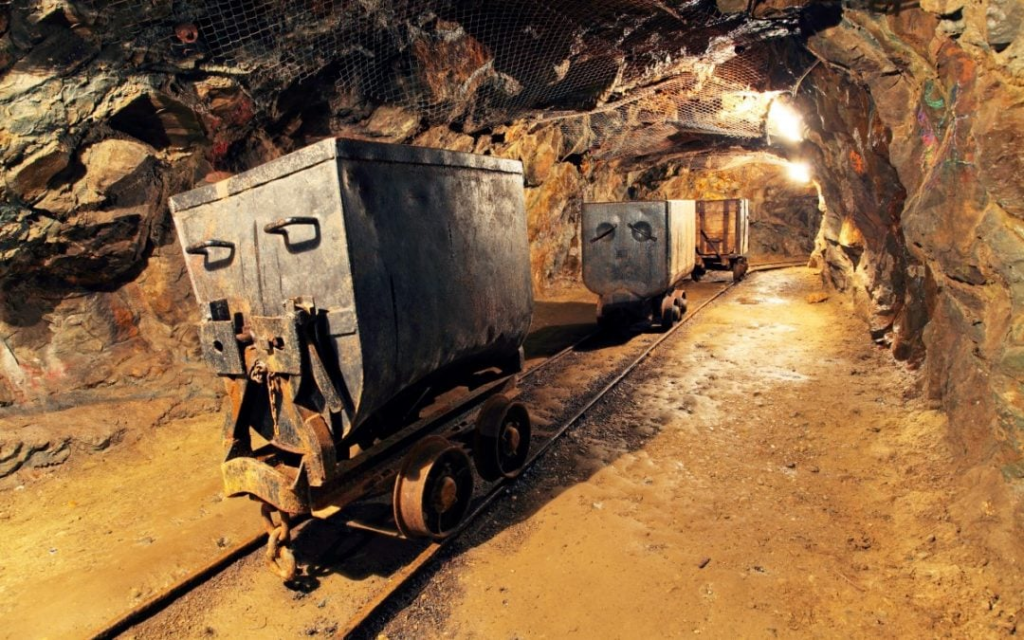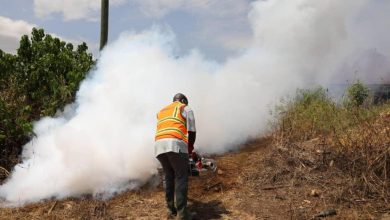
The Ghana Chamber of Mines has voiced concern about the ongoing reduction in exploration spending in the mining industry and issued a warning that production and revenues could collapse in the absence of immediate action to encourage and hasten exploration spending.
The Chamber claims the scenario is concerning for a nation where mining is essential for generating foreign exchange and fiscal revenue since exploration is required to ensure the continual production of minerals and, consequently, money for the state.
For instance, the Fraser Institute’s Annual Survey of Mining Companies from 2022 places the nation last among the most alluring mining sites despite the fact that it continues to be Africa’s top producer of gold.
Based on replies from firms that operate and explore in these mining jurisdictions, the poll ranks nations’ attractiveness in terms of policy, mineral potential, and other factors. Governments can use this to determine whether their policies are drawing in or repelling investment.
Based on the Investment Attractiveness Index, Botswana was identified as the only nation from Africa among the best jurisdictions in the world for investment. Burkina Faso, one of Ghana’s main rivals and a developing mining hub, was ranked higher than the African nation.
Indigenes own a larger proportion of the exploration licenses granted by the Ministry of Lands and Natural Resources, according to the Ghana Chamber of Mines, although they typically have difficulty raising funds to finance the high-risk business of exploration.
In light of this, Joshua Mortoti, president of the Chamber, emphasized that locals stand to win if the barriers to discovery—upfront costs—are eliminated to enable efficient investigation and ensuing commercial discoveries.
Mr Mortoti was speaking at the Chamber’s 95th Annual General Meeting in Accra and subsequently advocated tax exemptions for exploration companies.
“VAT is payable on exploration expenditure, and it cannot be recovered by exploration companies unless they make a commercial find and commence production. This implies that where exploration is unsuccessful, VAT will not be recoverable.
“Effectively, the extent of actual exploration activity is diminished by upfront costs such as VAT on inputs. Thus, relieving the usually illiquid exploration companies from paying VAT will not only improve their cash flow and reduce their operational costs but also enhance the country’s image as a competitive destination for exploration investment,” he said.




